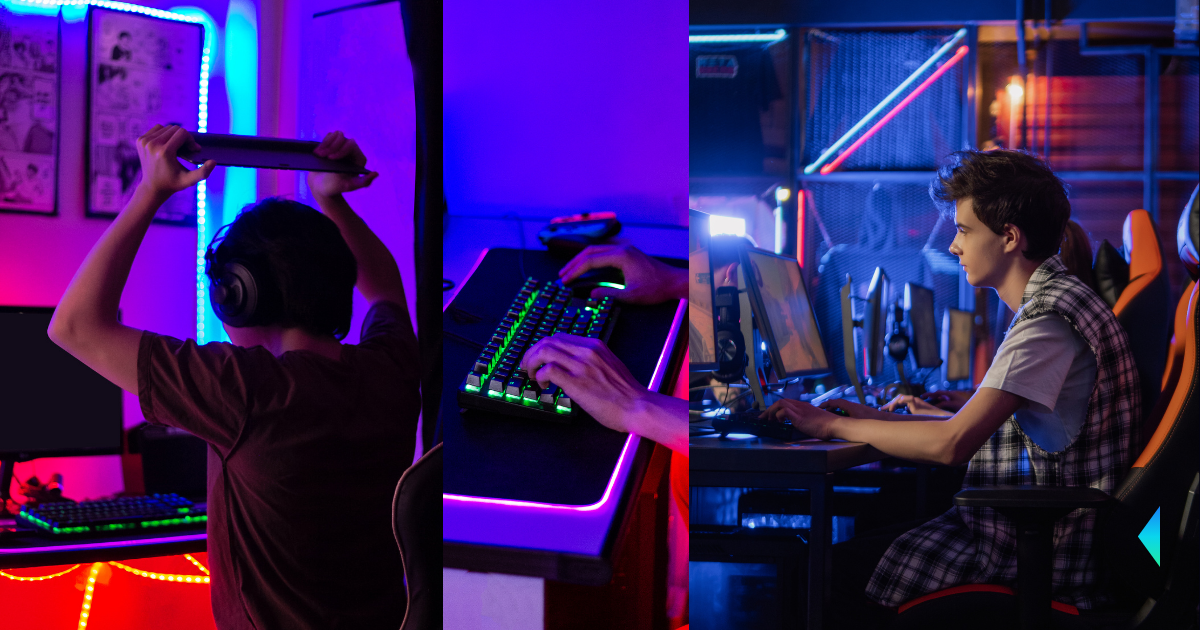In contemporary society, technology has been intertwined in most parts of human life. Whether it is communication, work, or carrying out other daily activities, most people have come to the use of the devices and applications for almost everything. Under normal circumstances, such technology presents a fair share of benefits. However, there is growing fear that as a society, we are becoming more and more addicted to it. This over-dependence raises relevant concerns as to how technology is impacting our cognitive abilities, interpersonal skills, emotional stability as well as our physical state.
The expansion of technology makes it less of a luxury and more of a daily need.
In the past few decades it is clear that technology has gone a long way in changing the approach. Activities that were earlier done physically and involved lots of energy and time when for example ordering goods, seeking for information or even reaching out to one another can now be done over the internet in real time Courtesy of the availability of smart devices and mechanization. In essence therefore this has added value or improved a number of aspects of life.
Nevertheless, this added convenience comes at a cost. It leads to over-dependence on technology. For instance, many individuals tend to perform even the most mundane of tasks with the use of technological devices. Quite simply, many people do not rely on maps today; they use GPS instead. People do not reason out or even think hard to remember information; they simply Google it. This increasing reliance on such devices leads to fears that some people are beginning to lose their ability to perform tasks without the assistance of technology.
Effect on Cognitive Skills
The overuse of modern-day equipment raises several issues and one of them is the concern about the negative influence on the cognitive capacity of an individual. When the brain is exercised in solving problems, thinking critically, or recalling memories, it works the best. However, since most of the tasks that require the brain to work have been taken over by technology, the brain suffers a less degree of stimulation.
Modern society has experienced a shift that has seen the rise of a phenomenon known as ‘digital amnesia’. It is where individuals are less willing to store information in their memory storage because they are aware that they can always find it on the web. This promotes laziness towards memorizing details and an unwillingness to engage in deep thinking. Consequently, such people may find it even harder to resolve challenges or think deeply without any technological support.
Moreover, constant multitasking—impacting activities such as switching from work emails to social media, and various other tasks—also decreases focus. That is, different patterns of work make tasks difficult for the brain due to the overlapping of work and hence, it can lead to decreased work efficiency and productivity.
Social Skills Decline
Another issue that has been raised is the impact of technology on communication. Digital systems have increased where people can communicate with each other every minute without physical presence but they all have built in shortcomings of reducing the physical interactive presence. Most people tend to prefer texting to talking.
This transition may cause a tumble in crucial interpersonal abilities. Reading and understanding a person’s body posture, expressions, and tone forms a full range of communicating which is out of digital talk. When engaging primarily in screen communications people may forget how to relate with others in deep levels which is detrimental to their relations in actual society.
In addition, social networks are likely to create an illusion of connection. For instance, a person may have hundreds of ‘friends’ on the net, but these are shallow connections. In time, consistent usage of online means of communication will cause one to emotionally cut off due to lack of in-person interaction.
Effects on Mental Health
Use of technology has numerous effects on the user’s mental state. Using social networking sites results especially in issues of inadequacy and cognitive anxiety. Users tend to internalize the edited pictures they post and envy how their lives are orchestrated, ultimately ending up with self-worth issues and unrealistic expectations.
In addition, the constant connection enabled by technology can also be a source of pressure. Many individuals are forced into an “always on” mentality where working or socializing is possible any time and in any place. The inability to entirely switch off and rest can, over time, result in burnout as one is constantly on the go with work demands.
There are instances when technology hinders productivity by making people nocturnal. Devices, most of which produce white backlight, are interfering with the sleeping habits of their users by encouraging late-night interference. Sleep disturbance is likely to occur, and such disturbances will not be favorable to mental health as well as physical health.
Physical Health Consequences
Excessive technology use has physical health drawbacks as well. The majority of individuals have a habit of remaining glued to their screens for prolonged periods which makes them inactive. Inactivity is associated with a number of medical conditions including being overweight, complications of the heart, and improper body posture. Use of gadgets also for a long time results in pain in the neck known as ‘tech neck,’ pains in the head, and injury by overuse of fingers due to excessive typing or holding of gadgets.
One more issue typically related with technology addiction is strain on the eyes. People cannot bear sitting in front of screens for long as that will cause pain and even difficulties in vision – which calls for limiting technology use.
Striking a Harmonious Equilibrium
One of the key aspects is how to find strife if there is one, and snowball or alleviate the unfriendly consequences.. There are several different techniques that can be effective in battling the excessive dependence on any types of mostly digital devices, such as establishing screen time and replacing it with non-affected activities. This may include engaging in a recreational sport, spending more time outdoors rather than sitting behind a computer, or simply talking to relatives and friends in real life, away from social networks and other virtual outlets.
There are also other ways to prevent the deterioration of brain activity by getting them involved in use of other tasks that are not focused on screens, yet still require thought and concentration. Activities such as reading books, doing crosswords and taking up new skills are perfect for exercising the mind and cutting down on technology use.
Finally, dedicating time to engage people in the physical aspect of socializing can in turn knock off that dust, creating a much-needed social ability. Engaging in direct conversations and developing one’s interests by socializing as opposed to technological means enables emotional intelligence and interpersonal relations to be of a higher quality.
Conclusion
In our current society, the advancement of technology is appreciated and embraced by many, but excessive use may affect thinking, performance, health and socialization constraints. Ensuring balance, people can set limits and partake in activities other than technology. There are benefits of using technology but it is equally important to draw the line, in order to avoid extremes where the benefits may cause one long term damage.











